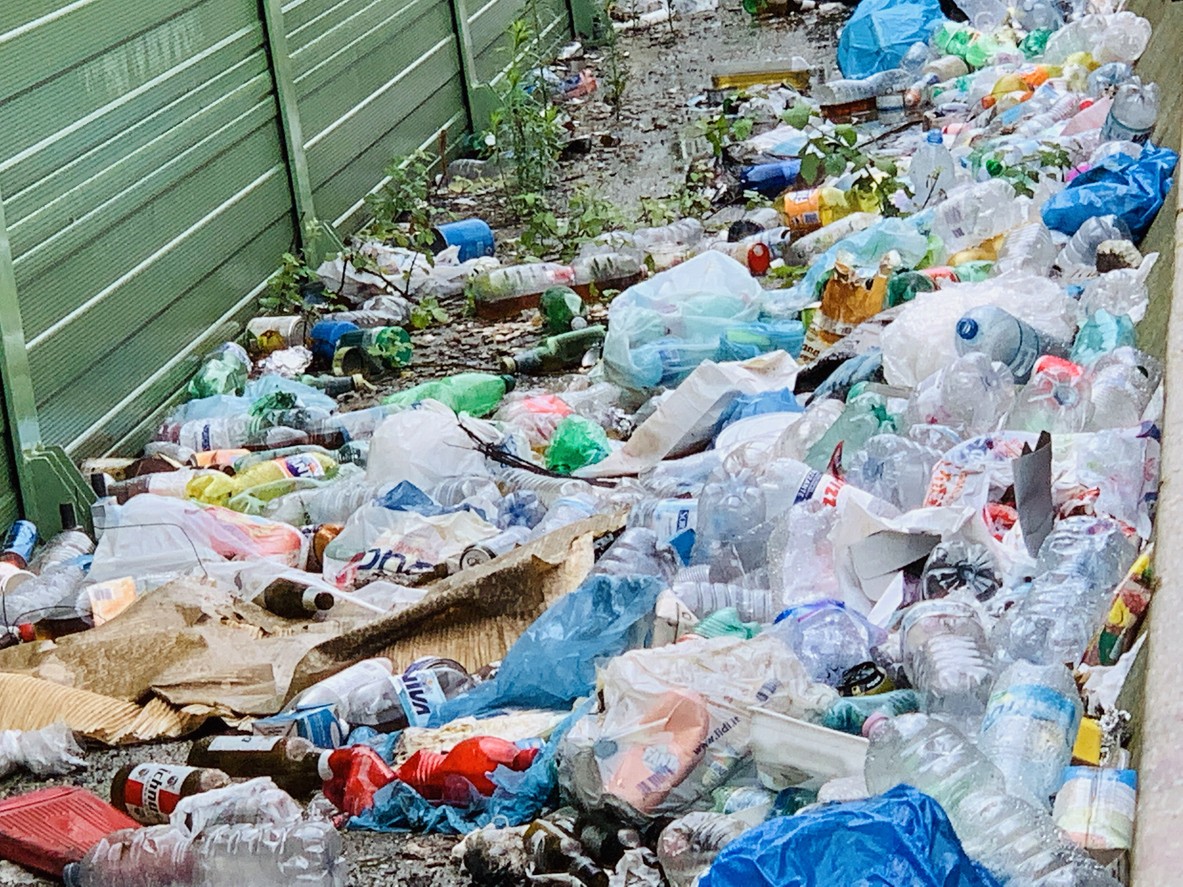Globally, an estimated 5 trillion plastic bags are used every year. These bags take approximately 1,000 years to decompose in landfills and do not fully break down. Instead, they photodegrade into microplastics, which absorb toxins and continue to pollute the environment. Recognizing the urgency of this issue, Central Asian countries are committing to phasing out plastic bags, each pursuing distinct approaches.
Uzbekistan
Uzbekistan plans to introduce a draft national program to reduce plastic pollution for 2025–2027. This initiative is part of the draft State Program for the Implementation of the Strategy “Uzbekistan-2030” in the Year of Environmental Protection and Green Economy, currently under public discussion.
The proposal includes:
- A ban on the production, import, and use of plastic bags starting in 2027.
- Promoting environmentally friendly, biodegradable packaging.
- Regulating harmful chemicals in plastic products.
- Encouraging recycled plastic use in packaging through established coefficients.
The draft program is expected to be developed by September 2025 and submitted to the Cabinet of Ministers by November 2025. A related draft presidential decree outlines additional measures, such as:
- Developing legislation requiring manufacturers and importers of plastic packaging to collect and dispose of plastic waste.
- Establishing collection and disposal facilities.
- Imposing a disposal fee for plastic waste by November 1, 2025.
Kazakhstan
Kazakhstan had initially planned to ban plastic bags by 2025. However, the Ministry of Ecology and Natural Resources determined that the country is not yet prepared for this transition. Research reveals a significant gap: while the consumption of plastic tableware and packaging exceeds 430 million pieces annually, the production of alternative materials is limited to only 10 million pieces. This disparity highlights the urgent need to develop sustainable packaging solutions before implementing a comprehensive ban.
Kyrgyzstan
Kyrgyzstan is set to ban the use of polyethylene bags and plastic nationwide starting January 1, 2027. The Law on Limiting the Circulation of Polymer Film and Plastic Bags in the Territory of the Kyrgyz Republic, signed by President Sadyr Japarov in 2023, outlines penalties for violations:
- For citizens: Fines of 10,000 KGS (approximately $114.90).
- For legal entities: Fines of 28,000 KGS (approximately $321.80).
Warnings will be issued for first-time violations involving the free distribution of plastic bags. Subsequent violations will incur fines:
- For legal entities: 5,000 KGS (approximately $57.40).
- For individuals: 1,000 KGS (approximately $11.40).
Tajikistan
Tajikistan will implement a ban on the import and use of plastic bags starting January 1, 2025. To support this transition, authorities have focused on developing environmentally friendly packaging alternatives made from materials such as cardboard, paper, fabric, ceramics, and biodegradable polymers.
These varied approaches reflect the commitment of Central Asian countries to tackling the global challenge of plastic pollution. By balancing environmental priorities with practical considerations, these nations aim to create a cleaner, more sustainable future.









